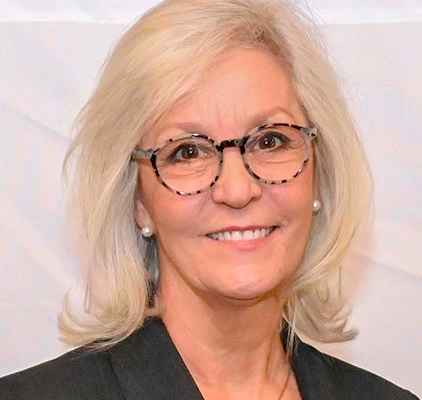Officials ask Iowa health care providers to be prudent with personal protective equipment (VIDEO)

Watch Governor Reynolds’ news conference from Thursday afternoon here
DES MOINES — The state hygienic lab has the capacity to conduct up to 800 COVID-19 tests and has set up three shifts for round-the-clock operations at the lab.
State officials are discouraging widespread testing, however — partly because health care workers conducting the tests must use personal protective equipment, like face masks and gloves which are in short supply.
“What we’re talking about is making sure that we’re helping health care facilities understand the best ways to use the supplies they have,” Dr. Caitlin Pedati, the state medical director, says.
State public health officials have asked Iowa contractors and others who had protective gear like masks to donate those items to hospitals and health care facilities. Pedati says there’s high demand globally and nationally for these supplies.
“We’ve helped our partners be forward-thinking and thinking about ways to make prudent use of the supplies that we have,” Pedati says, “thinking of ways to provide supplements when we can and just wanting to be very careful and thoughtful about how we use all of our health care resources.”
Once the production of masks, gloves, and other protective gear ramps up under President Trump’s use of the Defense Production Act, Governor Reynolds says she’ll channel orders for those critical medical supplies through the Federal Emergency Management Agency.
“But they have encouraged every governor in every state to utilize the private sector as well,” Reynolds says.
State officials are assessing the supply and demand for these items daily, according to Reynolds.
“It allows us to identify the private sector industry that can step up and also play a role in helping us to provide this equipment,” Reynolds says.
As for COVID-19 tests, the Iowa Department of Public Health recommendations limit tests to hospital patients, to health care workers with symptoms after being around a COVID-19 patient and to those who’ve had direct contact with a person confirmed to have COVID-19.
Iowans who’ve returned to COVID hot spots like China or Italy may also be tested if they show symptoms. Dr. Pedati says widespread testing isn’t recommended because most people with COVID-19 have mild symptoms and should isolate at home, rest and drink fluids – just as one should with a cold.
“When we do a test in somebody, we want to make sure we’re doing it because the result means something, because it means we’re going to do something differently, ” Pedati says. “…Now, if we come to a place where resources change and where maybe there’s a medical we might have available or where there’s an action that’s going to be different, then we may adjust accordingly.”




